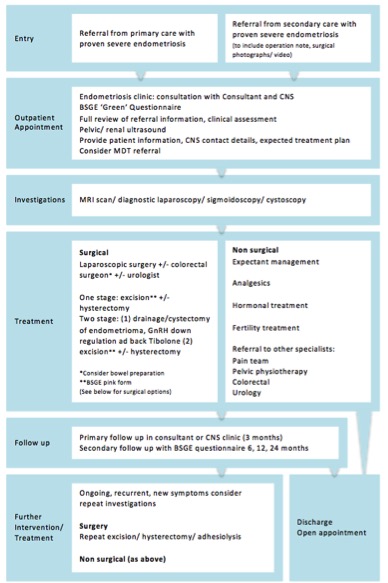Pain Management: Helpful resources
Pain Management: Helpful resources
We have added several resources in sections below. Just click on each section and it will open up to show the different resources.
Understanding pain and self-management
Here are two websites that contain useful information about Pain Management:
And some videos you might find interesting:
Financial and social care advice
The Pain Management Service recognises the impact that pain can have on people’s ability to work and therefore on their finances. We cannot advise you directly about finances and accessing benefits as this is a specialised area, but we may be able to support you if you are applying for benefits such as:
- Personal Independence Payment (PIP): What PIP is for - GOV.UK
- Employment and Support Allowance (ESA): Overview - GOV.UK
- Health conditions, disability and Universal Credit: Overview - GOV.UK
- Carer's Allowance: How it works - GOV.UK
Specialist support
We advise you to contact specialist support to find out which benefits you can apply for. These organisations may be able to give you some help to complete the application forms. Here are some of the places that can offer this support:
- Citizens Advice Bureau
- North Bristol Advice Centre
- Bristol Law Centre
- Bristol Law Centre provides skilled assessment, triage, and signposting for social welfare legal issues. They may be able to offer free legal advice and casework, depending on capacity, funding, and your circumstances. If they can’t help you, they will always give you information on your options if you live in Bristol and surrounding areas. The Centre can help with housing issues, welfare benefits, discrimination and other disputes at work, mental health tribunals and Court of Protection, immigration and asylum, family disputes and tribunal appeals.
Employment
The Equality Act aims to prevent employers from discriminating on the grounds of long-term ill health or disability and to make reasonable adjustments to support people in work: What is the Equality Act? | EHRC
Access to Work provides advice to employees and employers, assessing for equipment, environmental adaptations and support.
If you require additional advice with your employer you can contact:
- The Advisory, Conciliation and Arbitration Service ACAS on 0300 123 1100.
- Your trade union, if you are a member.
If you need support in getting a job, you can find information here:
Support can also be accessed through the following organisations:
Social care and adaptive equiment
You will need to contact the social services department you live in, which is provided by the council that you pay your council tax to. There will be a number you can call or a weblink to apply for help.
- Bristol City Council | Social care and health
- North Somerset Council | Adult social care and support
- South Gloucestershire Council | Social care and public health
- Gloucestershire County Council | Adult social care
Other help can be provided by the Red Cross, who are able to offer short-term support Find home care services near you | British Red Cross
Mobility aids and wheelchairs
We can offer advice about the potential benefits of mobility aids. Please ask your clinician if you would like to discuss this. The NHS web pages about mobility aids are a helpful guide: Walking aids, wheelchairs and mobility scooters - Social care and support guide - NHS
If you want a short-term wheelchair loan, the Red Cross offer a rental or hire service. Rent or hire a wheelchair: Hire a wheelchair | Easy and affordable | British Red Cross
To access an NHS wheelchair for regular use please ask your GP for a referral.
You could also search the Internet for mobility centres as there are a number in the area, for example:
Mindfulness-based approaches
Mindfulness based or informed approaches have become well known in managing pain and other symptoms.
“Mindfulness means ‘awareness’, yet surely when any of us are suffering from searing physical pain… we seem to be too aware of our suffering .
How on earth can learning to become even more aware possibly help?” (This quite is from Mark Williams' foreword to Mindfulness for Health by Vidyamala Burch and Danny Penman).
The awareness we work on in mindfulness is about seeing the yourself as having the resources you need to manage your health. Mindfulness supports you to recognise and develop these resources.
There are some links below to more information and practices you may wish to try. Please be aware that the increased awareness developed by these practices is not always easy and most people need support to use them to gain the most benefit. The Pain Management Service can support you in learning mindfulness as part of your self-management.
The Frantic World the website of the finding peace and living well with health and illness:
- Mindfulness: Finding Peace in a Frantic World (Danny Penman, Mark Williams and Vidyamal Burch)
Some free mindfulness downloads:
Other useful resources
This is a 20 minute video by leading pain scientist Professor Lorimer Moseley explaining the science behind persistent pain: Professor Lorimer Mosely, The Pain Revolution, April 2017
Fibromyalgia
This is the NHS website with information about fibromyalgia: Fibromyalgia - NHS
© North Bristol NHS Trust. This edition published May 2025. Review due May 2028. NBT003769.


